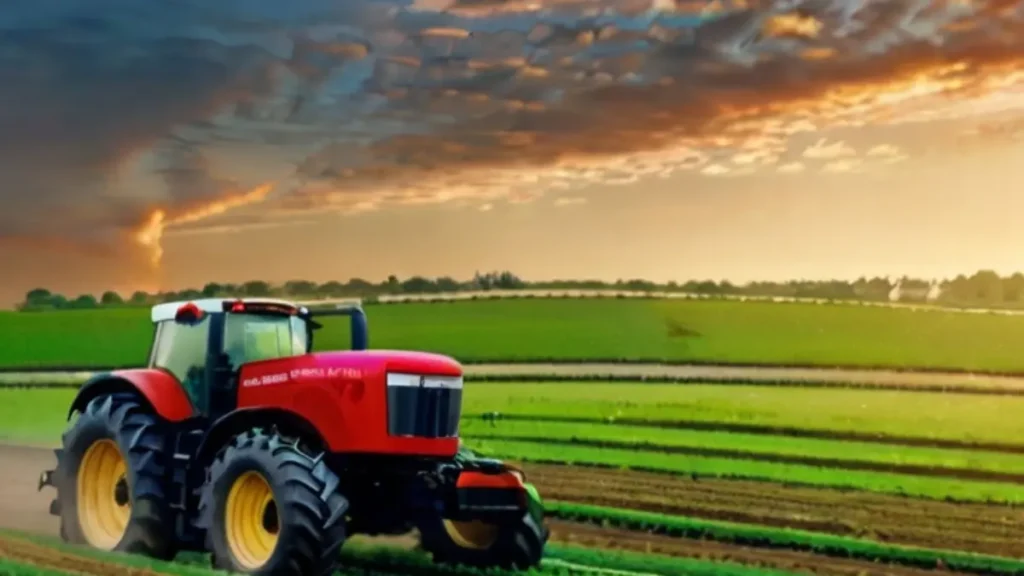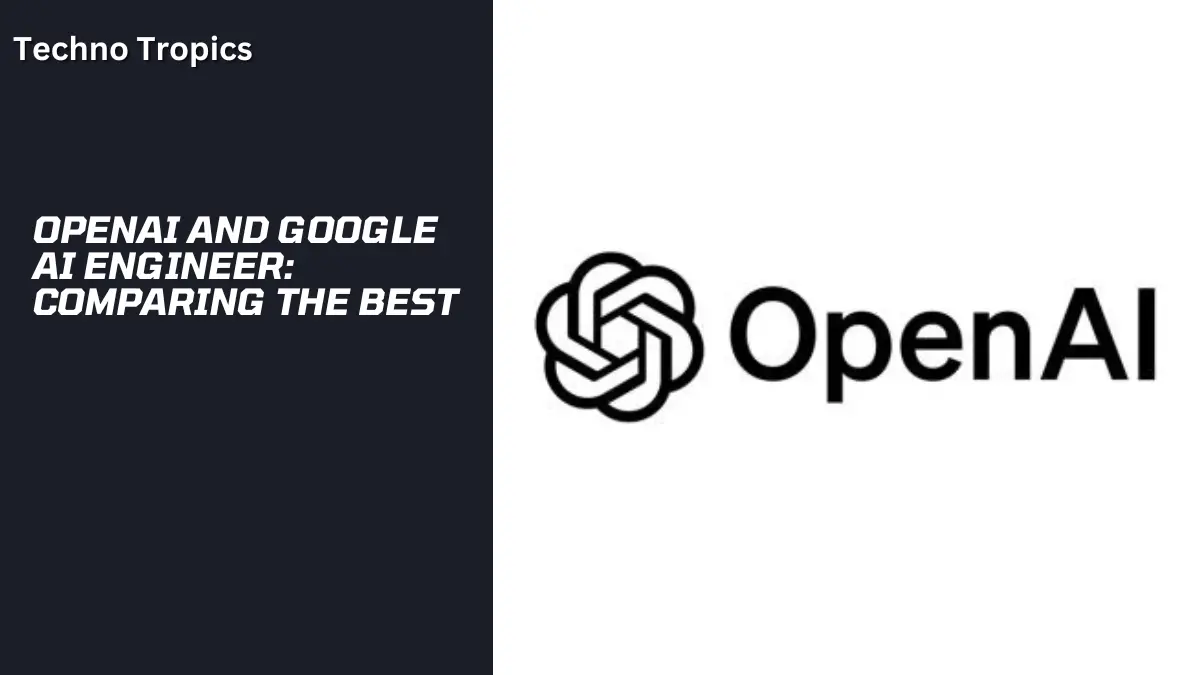In recent years, agriculture has undergone a transformational journey, thanks to advancements in Big Data and Artificial Intelligence (AI).
These technologies have revolutionized farming practices, making them more efficient, sustainable, and productive. In this article, we delve into how Big Data and AI are reshaping the future of farming.

Big Data in Agriculture
Big Data has become a game-changer in agriculture by providing farmers with valuable insights into their operations.
Through the collection and analysis of vast amounts of data, farmers can make informed decisions about planting, irrigation, fertilization, and pest control.
For example, sensors can monitor soil moisture levels and temperature, enabling farmers to optimize irrigation schedules and conserve water.
AI in Agriculture
AI technologies, such as machine learning and computer vision, are also making significant contributions to agriculture.
Machine learning algorithms can analyze data from various sources, such as weather patterns, soil conditions, and crop health, to predict crop yields and optimize farming practices.
Computer vision can be used to identify pests and diseases in crops, allowing for targeted interventions and reducing the need for pesticides.
Integration of Big Data and AI
The real power of Big Data and AI lies in their integration. By combining data from multiple sources and applying AI algorithms, farmers can create a holistic view of their operations and make data-driven decisions.
For example, AI-powered drones can survey fields and collect data on crop health, which is then analyzed to identify areas that require attention.
Benefits of Big Data and AI in Farming
The adoption of Big Data and AI in agriculture offers several benefits. Farmers can increase crop yields, reduce input costs, and minimize environmental impact by using resources more efficiently.
Additionally, these technologies enable farmers to respond quickly to changing conditions, such as weather events or market demands, ensuring a more resilient and sustainable farming system.
Read Also: AI in Banking: Revolutionizing Customer Experiences
Challenges and Considerations
Despite the potential benefits, the adoption of Big Data and AI in agriculture is not without challenges.
Farmers may face issues related to data privacy, data ownership, and the cost of implementing these technologies.
Additionally, there is a need for robust infrastructure and technical expertise to effectively utilize Big Data and AI in farming.
Conclusion
In conclusion, the future of farming looks promising with the integration of Big Data and AI.
These technologies have the potential to revolutionize agriculture, making it more efficient, sustainable, and productive.
By harnessing the power of Big Data and AI, farmers can overcome challenges and transform the way they farm for a better tomorrow.
Disclaimer: The views and opinions expressed in this article are those of the author. The information provided is for general informational purposes only and should not be construed as financial or professional advice.
Readers are advised to consult with a qualified professional for advice specific to their individual circumstances.



